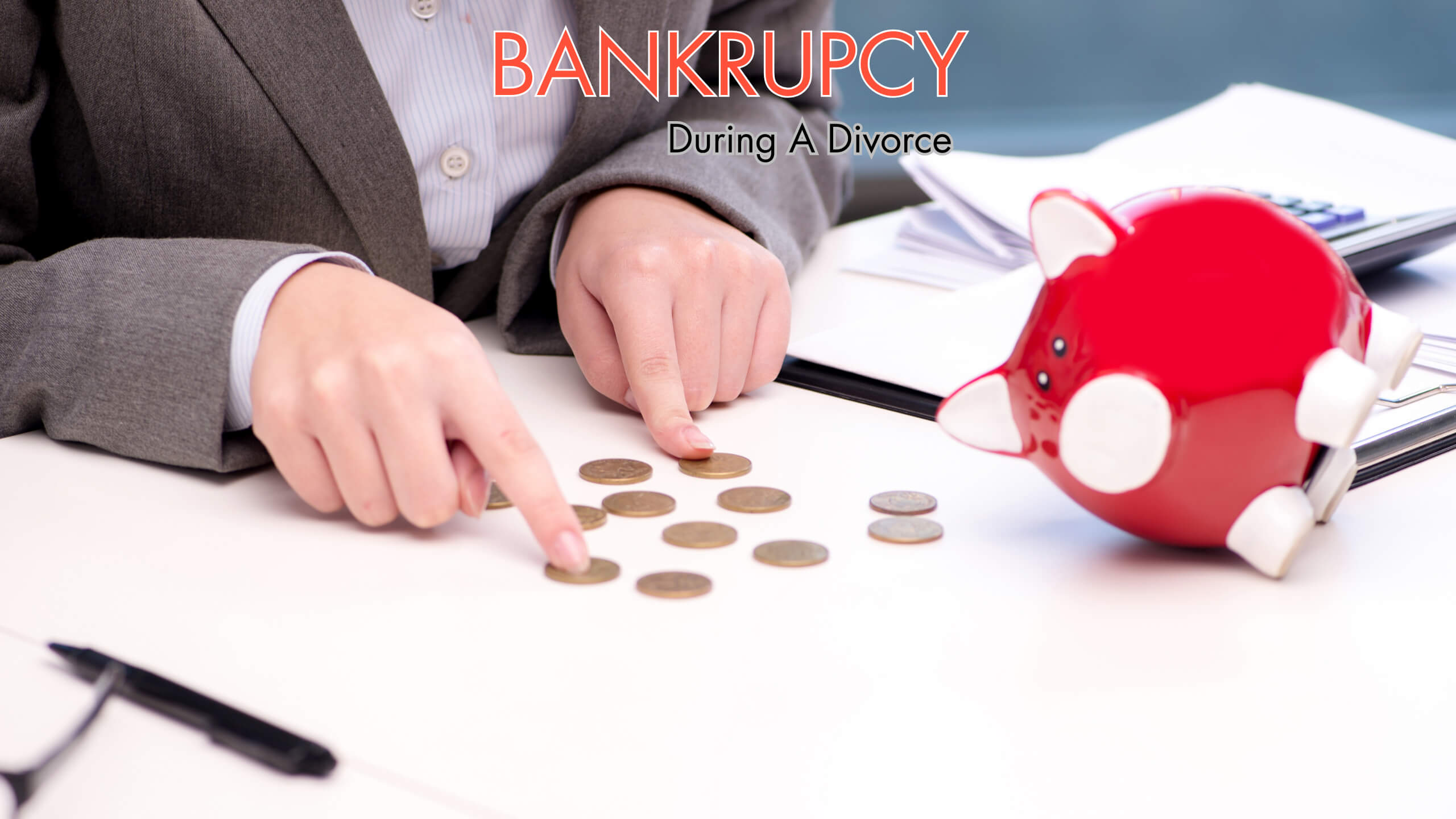Filing For Bankruptcy During A Divorce

A divorce is an emotionally draining period for all parties involved, even when both spouses agree to end their marriage. One of the most contentious subjects of divorce settlements is the division of debt. Depending upon the amount of debt, you or your spouse may be considering filing for bankruptcy during a divorce. If this is the case, it is crucial to speak with an experienced family lawyer at O’Connor Family Law to obtain guidance on these matters and discuss how filing for bankruptcy could affect your divorce proceedings.
THE ROLE OF DEBT IN PROPERTY DIVISION
When dividing property during a divorce, there is often a line drawn on property (or debt) that was brought into the marriage versus property (or debt) obtained during the marriage.
While property and debts usually remain with the person who brought them into the marriage, the court may still require the assets to be divided if it has “merged” into the marriage. The courts in Massachusetts divide marital property under the doctrine of equitable distribution, which doesn’t always mean equal. This means that if a couple jointly incurred debt during their marriage, the court can divide this debt between the two parties; however, it might not be an equal split. A judge may consider many factors when dividing debt, including whether the debt was used toward the marriage or for some other reason (like a gambling problem for example.)
If a couple is going through a divorce and one party files for bankruptcy, this could bring the divorce to a halt until bankruptcy proceedings are complete. This pause in divorce proceedings would temporarily suspend the couple’s assets, allowing the bankruptcy court to determine the extent of the debt and the assets that the couple could use to satisfy some of these outstanding payments. If there is a bankruptcy pending, then the plaintiff in the divorce has the burden to seek an order out of the Bankruptcy course asking to allow the divorce to move forward. If this order is not obtained, the Family Court Judge cannot approve the divorce.
Our firm was hired late in a divorce in one case; it was actually a month prior to the divorce trial starting. When we reached out to the Opposing Counsel to get a copy of the order allowing the divorce to proceed, neither attorney before us had actually taken that step. This caused a divorce that had already been pending for a significant amount of time get pushed back close to another year because the Judge would not hear the divorce case until the bankruptcy was finalized or there was an order from the Bankruptcy Court allowing the divorce to move forward.
If one or both of you are considering filing for bankruptcy, you will definitely want to consider when you file – before or after the divorce. It’s important to have a clause in your divorce agreement that you are protected if the other Party later claims bankruptcy. It’s also important to note that if one party is paying the other alimony or child support, those obligations cannot be discharged just because they file bankruptcy.
WHEN IS IT BENEFICIAL TO FILE FOR BANKRUPTCY DURING DIVORCE PROCEEDINGS?
Our family lawyers can help someone determine whether bankruptcy may be advisable during their divorce case. For instance, if divorcing spouses intend to file bankruptcy and most of their marital property would be included in these proceedings, our attorneys may advise these individuals to file for joint bankruptcy as there would be minimal assets for the court to divide. A good divorce attorney will often work cooperatively with your bankruptcy attorney to determine what is best in your specific case.
In situations where the divorcing parties are not on amicable terms, one party may decide to proceed with bankruptcy without telling the other spouse. Although a property division within a divorce is usually non-modifiable, if your spouse has lied about a bankruptcy during the divorce and then you find out about it later, that does give you a valid reason to go back in to modify the property division. Why is this important? Because an individual filing would only decrease or terminate that spouse’s financial obligations; however, if the debt included is actually joint debt (in both of your names), the company holding the debt obligation can go after you for payment of the entire debt your ex just wiped out.
There are also situations where it might be more beneficial for one spouse to file individually if the other spouse doesn’t qualify for bankruptcy. In those situations, the parties may be able to terminate a significant portion of the debt prior to the divorce and then split the remaining debt within the divorce.
Our team of exceptional legal professionals can review the financial situation within a divorce context and help you make a well-informed choice about whether to proceed with filing bankruptcy before or after the divorce process is complete.
Bankruptcy is not a decision to be taken lightly, and for many people, the decision is just as hard as deciding whether to move forward with a divorce. This is why it is so important to hire a firm you can trust and talk to freely. We pride ourselves on our team’s ability to put their feet into your shoes to try to understand what you are going through, not just legally, but emotionally as well, and we do our best to help you make the decisions that are right for you.
LEARN MORE ABOUT FILING FOR BANKRUPTCY DURING DIVORCE
If you or your spouse are filing for bankruptcy during your divorce, O’Connor Family Law is here to help. We can assess your situation and help you determine the best next steps. You do not have to go through this process alone. Reach out to our firm today.


